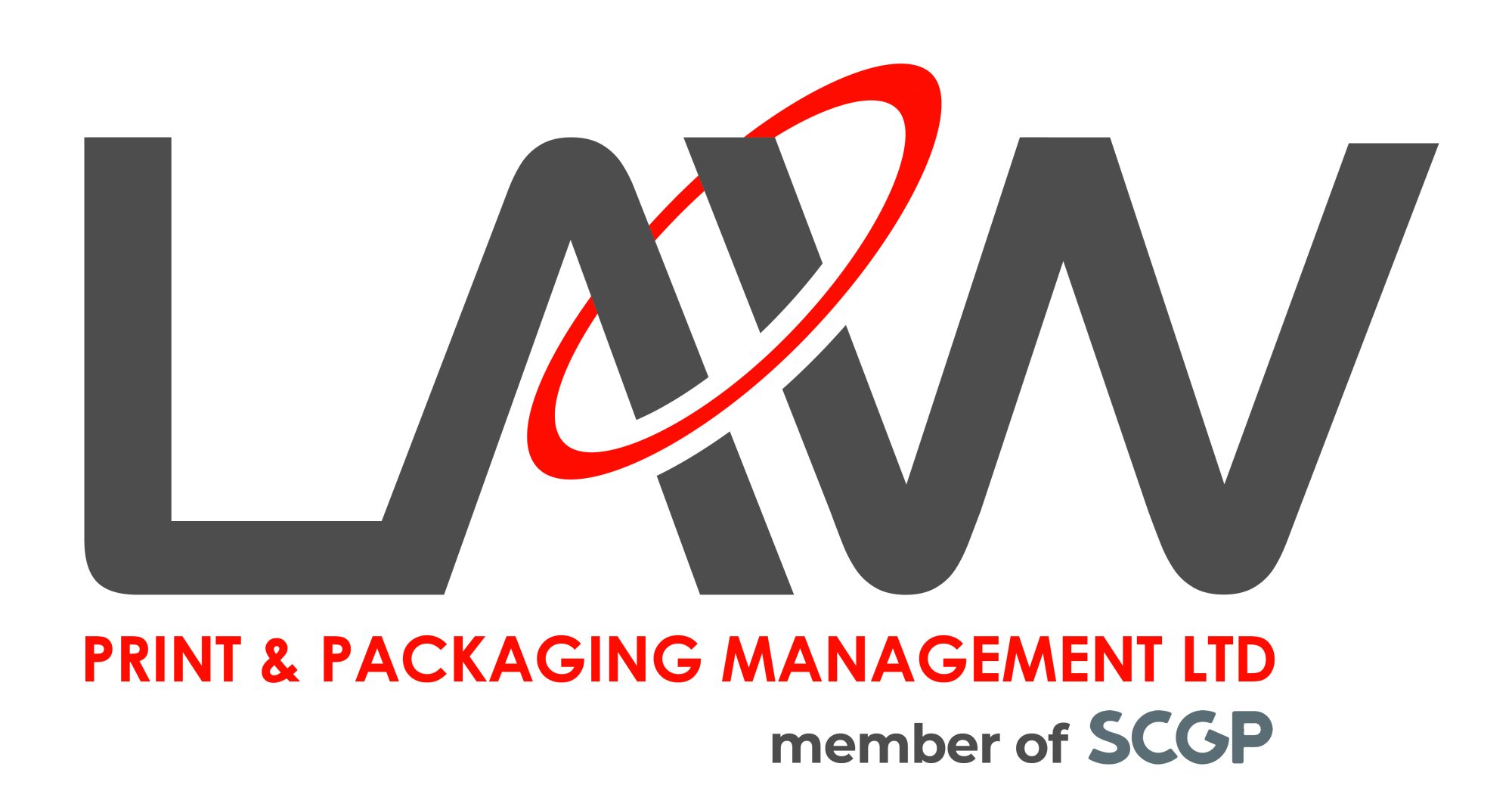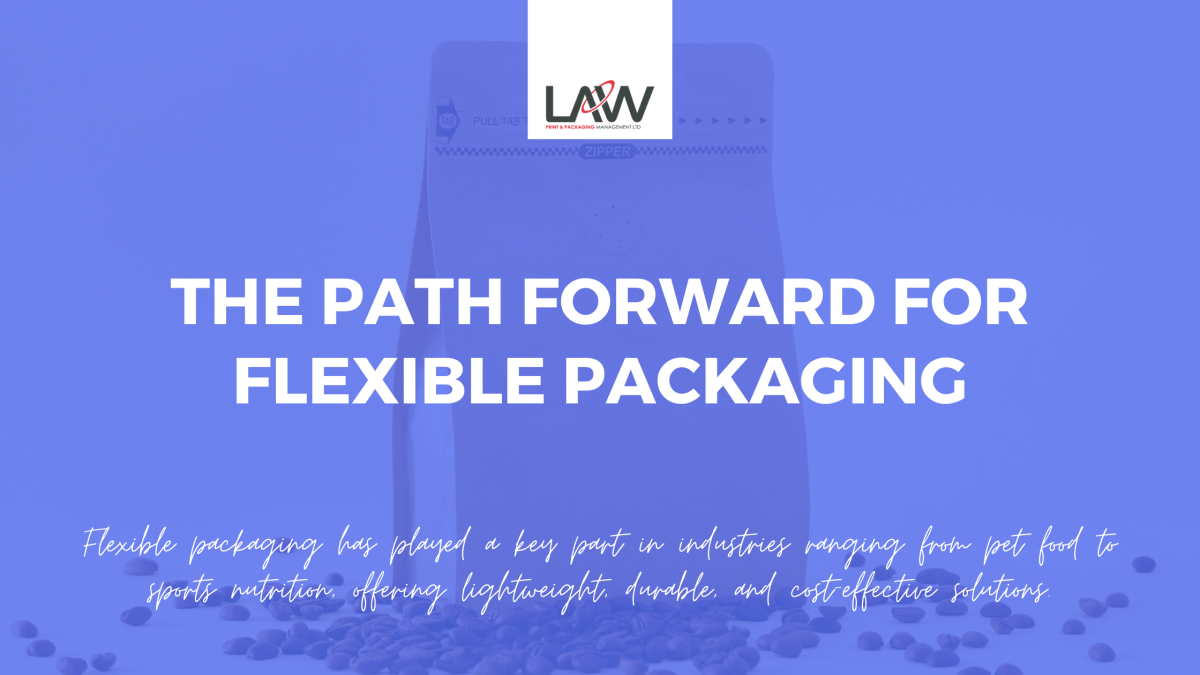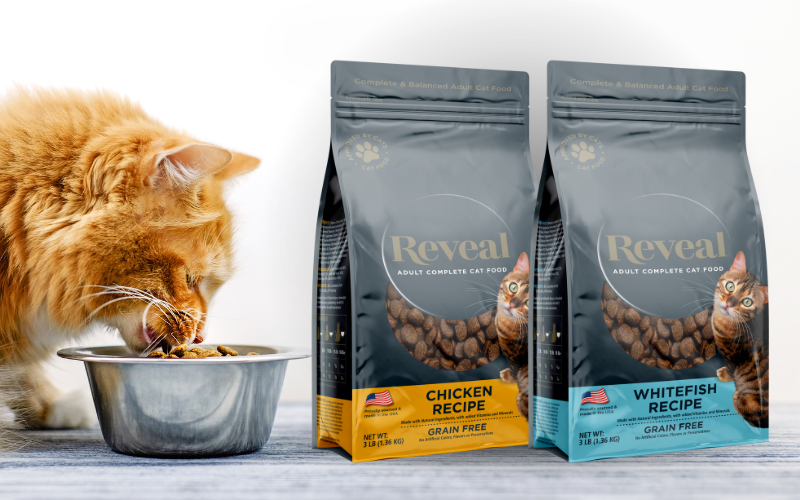Flexible packaging has played a key part in industries ranging from pet food to sports nutrition, offering lightweight, durable, and cost-effective solutions.
However, as the global focus continues to shift toward sustainability, the future of flexible packaging depends on how well the industry adapts to new environmental demands, regulatory shifts, and technological advancements.
The Current Landscape of Flexible Packaging
Flexible packaging has become the preferred choice for many industries due to its efficiency in protecting products, extending shelf life, and reducing transportation costs. It is a key player in food and beverage, pet food, and construction materials, offering convenience and functionality. Yet, the biggest challenge facing the sector today is sustainability. Traditional flexible packaging is often made with multiple layers of different plastics, making recycling difficult. This has led to increased scrutiny from regulators and consumers alike.
Sustainability: The Driving Force for Change
The packaging industry is under immense pressure to develop solutions that align with circular economy principles. Key strategies to improve sustainability in flexible packaging include:
- Recyclable Materials – Companies are investing in mono material packaging that can be easily processed within existing recycling streams.
- Compostable and Biodegradable Options – Emerging materials, such as bio-based polymers and compostable films, provide alternatives to traditional plastic. However, challenges remain in ensuring these materials break down effectively in real-world conditions.
- Lightweighting – Reducing material usage without compromising quality helps lower carbon footprints and minimises waste.
- Reusable Packaging – Brands are exploring refillable and reusable packaging models, especially in the food and beverage industry, to reduce single-use waste.
- Recycled Content – Incorporating post-consumer recycled (PCR) content into flexible packaging can reduce reliance on virgin plastic and support a circular economy.
Regulatory and Consumer Trends Shaping the Future
Governments worldwide are implementing stricter regulations around plastic use and waste management. Extended Producer Responsibility (EPR) programs are holding brands accountable for the life cycle of their packaging, encouraging investment in sustainable solutions. Meanwhile, consumers are becoming more sustainability focussed, demanding packaging that aligns with their sustainability values. Brands that fail to adapt risk losing market share to more sustainable competitors.
The Role of Innovation in Shaping the Future
To overcome these challenges, the flexible packaging industry is embracing cutting-edge technology and innovation:
- Advanced Recycling Technologies – Chemical recycling and enhanced mechanical recycling methods are helping to close the loop on plastic waste.
- Smart Packaging – Innovations like digital watermarking and RFID tracking can improve recycling accuracy and supply chain transparency.
- Sustainable Inks and Adhesives – New sustainable printing solutions are making packaging more sustainable without sacrificing branding or aesthetics.
The Way Forward
The transition to more sustainable flexible packaging requires collaboration across the supply chain. Packaging manufacturers, brands, regulatory bodies, and consumers all play a crucial role in driving meaningful change. By investing in sustainable materials, enhancing recycling infrastructure, and prioritising innovation, the industry can ensure flexible packaging remains a key player in a more sustainable future.
Flexible packaging has the potential to meet both performance and sustainability demands, but the path forward requires commitment, adaptability, and bold action. The companies that embrace these changes today will be the leaders of tomorrow’s packaging landscape.
If your brand is looking to invest in packaging, we will guide you through the entire print process. Providing recommendations to improve efficiency, reduce costs and add untold value to the end product.
Contact us at +44 (0) 161 440 7302 or follow this link to complete our contact form.


